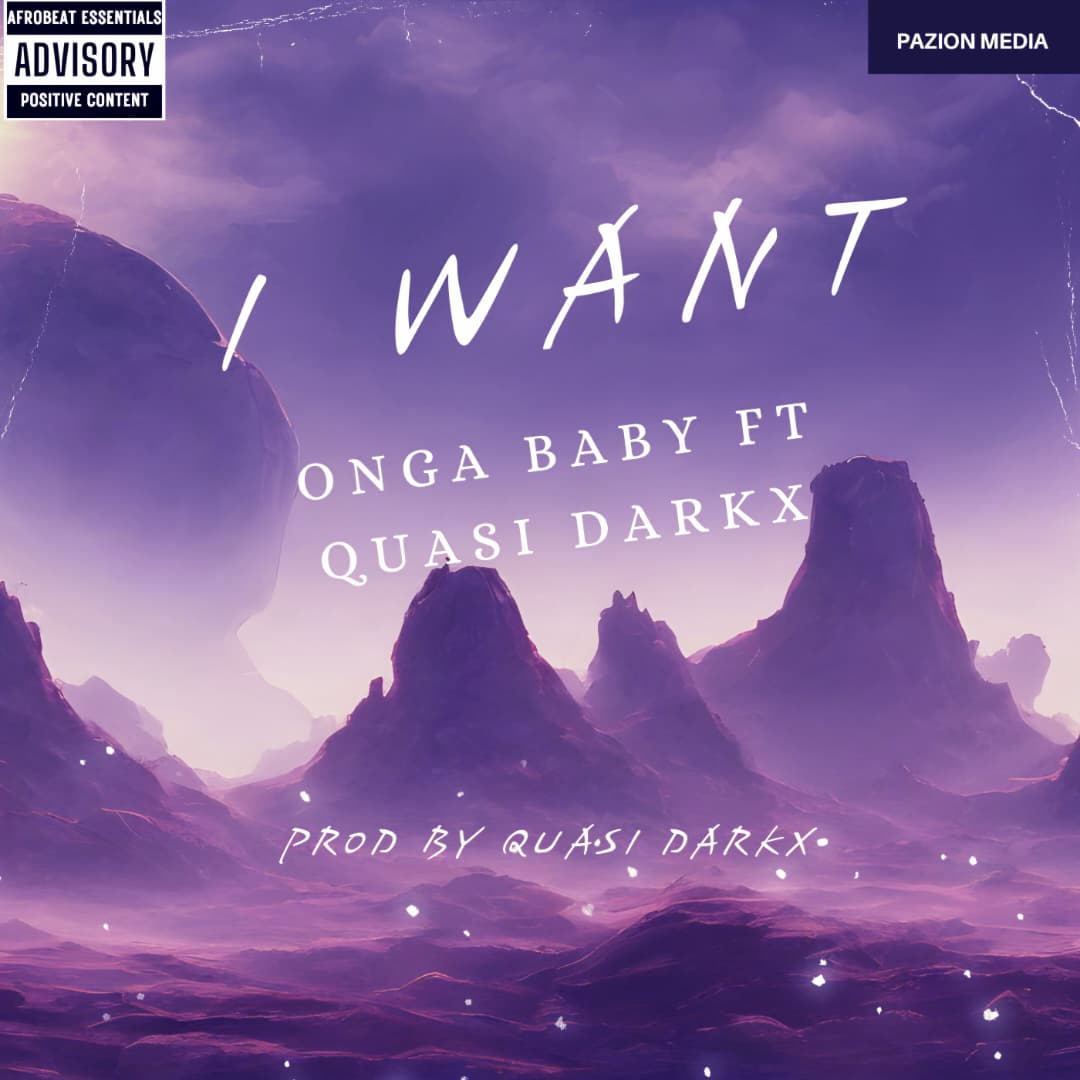Ghana’s music industry is growing rapidly, and there are many investment opportunities available for those looking to support this burgeoning sector. Here are some investment opportunities in the Ghanaian music industry that are worth considering:
1. Building venues for music concerts
Ghanaians have a strong love for music shows and concerts, but there is a lack of venues across the country that makes it difficult for artists to hold shows in other parts of the country except for a few cities. Investing in building venues in at least the capital of every district would encourage artists and event organizers to host shows across the country, leading to a more thriving music industry.
2. Online booking platforms for all artists
Investing in online booking platforms for all artists can help upcoming artists to market themselves and get gigs with potential event organizers. People throwing parties and weddings can easily search and find artists that suit their occasion to perform for them. This investment would help create a more accessible market for artists and give upcoming artists a platform to showcase their talents.
3. Music production studios
Ghanaian music has gained international recognition over the years, and the demand for quality music production has increased. Investing in music production studios equipped with modern technology can provide a platform for artists to record their music, which can be marketed locally and internationally. Additionally, these studios can provide job opportunities for sound engineers, producers, and other professionals in the music industry.
4. Artist management agencies
The music industry in Ghana is filled with talented artists who require effective management and representation to thrive. Investing in artist management agencies can provide support for artists to build their careers, including booking gigs, negotiating contracts, and promoting their music.
5. Music education institutions
Investing in music education can help to nurture and develop the talents of young musicians in Ghana. This can involve setting up music schools, workshops, and mentorship programs to provide training and support for aspiring musicians. This investment can help to create a new generation of skilled musicians who can contribute to the growth of the music industry in Ghana.
In conclusion, the Ghanaian music industry is full of untapped potential, and there are many investment opportunities available for those looking to support it. By providing infrastructure, technology, and support for artists, investors can help to develop the industry and create job opportunities for young people. Additionally, such investments can contribute to the growth of the economy, as the music industry continues to gain international recognition.
Ebenezer Ansah-Boafo
 Pazionmedia.com Pazion Media l Latest News l Politics l Sports l Entertainment
Pazionmedia.com Pazion Media l Latest News l Politics l Sports l Entertainment



